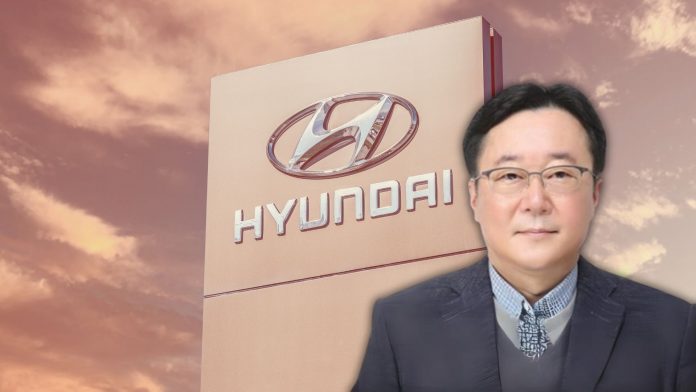Hyundai Motor has reported a 7% drop in third-quarter operating profit, citing a slowdown in demand and increased competition in the global auto industry. The company posted an operating profit of 3.6 trillion won ($2.6 billion) for July-September 2024, down from 3.8 trillion won during the same period last year. This result fell short of analyst expectations, which had predicted a profit of 3.9 trillion won.
Despite these challenges, Hyundai is maintaining its 2024 target of achieving an 8% to 9% operating margin, having posted an 8.9% margin through the first nine months of the year.
Chief Financial Officer Seung Jo Lee pointed to intensifying global competition, policy uncertainties, and geopolitical risks as major factors contributing to the tougher business environment for automakers. Warranty costs of 320 billion also impacted Hyundai’s third-quarter earnings won for its Santa Fe SUV engines in the U.S. and increased sales incentives driven by softening demand.
However, the automaker’s global retail sales dropped by 5% in the third quarter compared to last year, with European declines offsetting gains in the U.S. and South Korea. While electric vehicle (EV) sales fell during the period, sales of hybrid vehicles—offering higher profit margins—surged by over 40%. In response to weakening global EV demand, Hyundai announced plans to double its hybrid lineup and delay the launch of certain EV models.
Moreover, the company’s new U.S. factory in Georgia began production earlier this month and will gradually increase output. The automaker noted that EVs produced at the factory will qualify for U.S. federal tax credits, boosting its competitiveness in the North American market.
Hyundai also addressed its recent public listing in India, stating that proceeds from the IPO would strengthen its position in the country. However, some analysts were also disappointed by the lack of a shareholder return policy following the Indian IPO.
Amid these developments, Hyundai continues to explore potential collaborations. In September, the automaker signed a non-binding agreement with General Motors to explore joint vehicle development, supply chain collaboration, and clean-energy technology initiatives.




